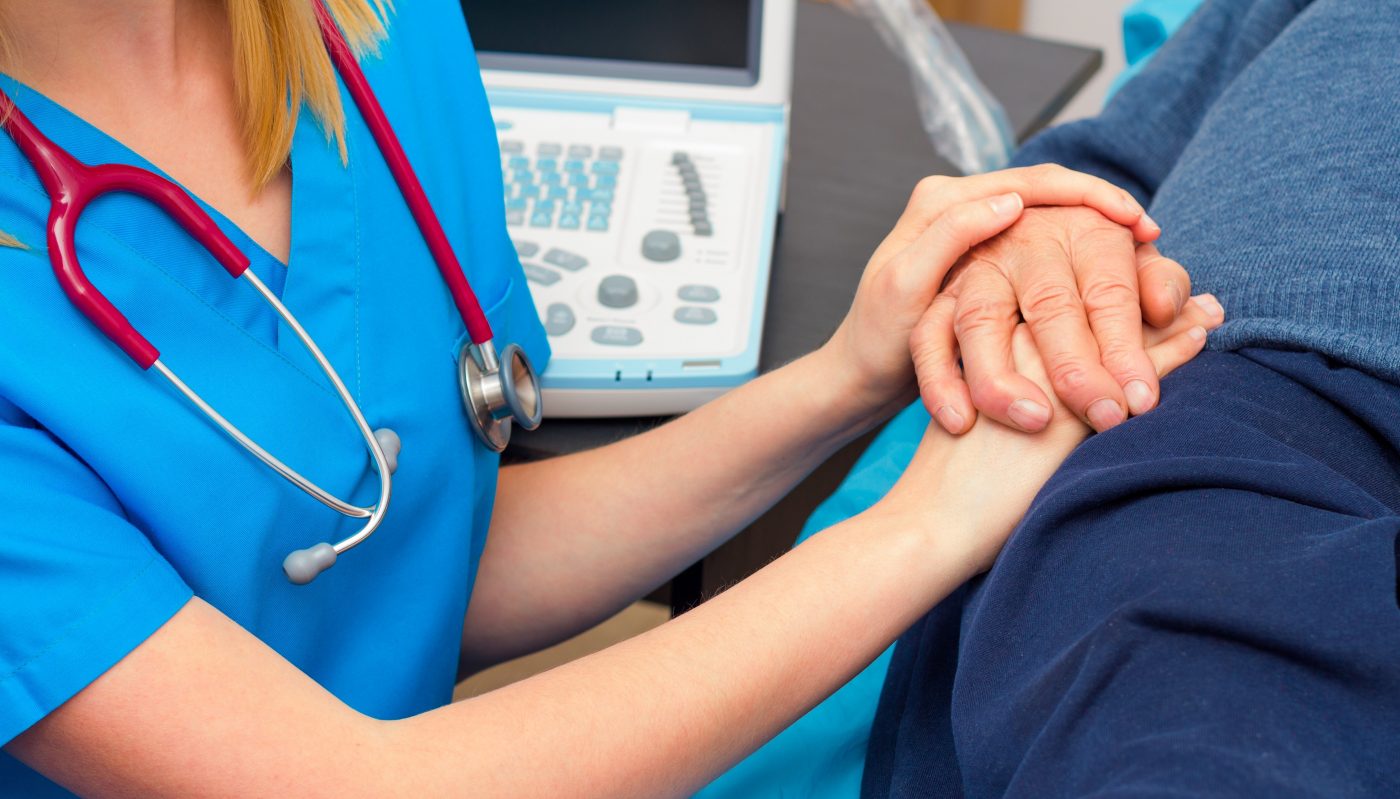Parkinson’s Patients Seen to Gain in Dexterity, Strength with Hand Exercises

Researchers report that a single hand-exercise session, lasting just 15 minutes, improved both manual dexterity and movement in patients with Parkinson’s disease, helping them carry out basic tasks like writing a note or a buttoning shirt. The study, “Effects of a Single Hand–Exercise Session on Manual Dexterity and Strength in Persons with Parkinson Disease: A Randomized Controlled Trial,” was published in the journal PM&R.
Sara Mateos-Toset, from the Department of Physical Therapy at the University of Granada, and colleagues evaluated the effects of a short-session intervention focused on hand exercises to improve manual dexterity, and hand grip and pinch strength. A total of 60 PD patients were assigned to one of two groups, with 30 undergoing the exercise session and the other 30 serving as controls and doing upper limb exercises.
“This intervention was based in hand exercises, whose effect in strength and dexterity was assessed. The goal was to improve the performance of [these] parameters, so that it could have an immediate application on the performance of tasks such as writing or buttoning,” said Marie Carmen Valenza, a UGR professor in the Department of Physiotherapy, in a news release.
At baseline and after the intervention, all participants were assessed for manual dexterity (using the Purdue Pegboard Test and the Chessington Occupational Therapy Neurologic Assessment Battery dexterity task) and hand strength. Post intervention, those patients in the hand exercise group reported significantly improved manual dexterity values (P<.05), and increased hand grip (P<.001) and pinch strength (P<.05).
Professor Valenza said she expected the results “will be of great clinical usefulness, given that, with only 15 minutes of exercise and in an autonomous way, the patients will be able to improve the performance of tasks that currently are too difficult to them.”
People with Parkinson’s disease (PD) frequently experience problems in manual dexterity and muscle weakness, diminishing their ability to perform everyday activities and their quality of life. Bradykinesia, or slow movement, rigidity and tremor are clinical manifestions of the disease.






